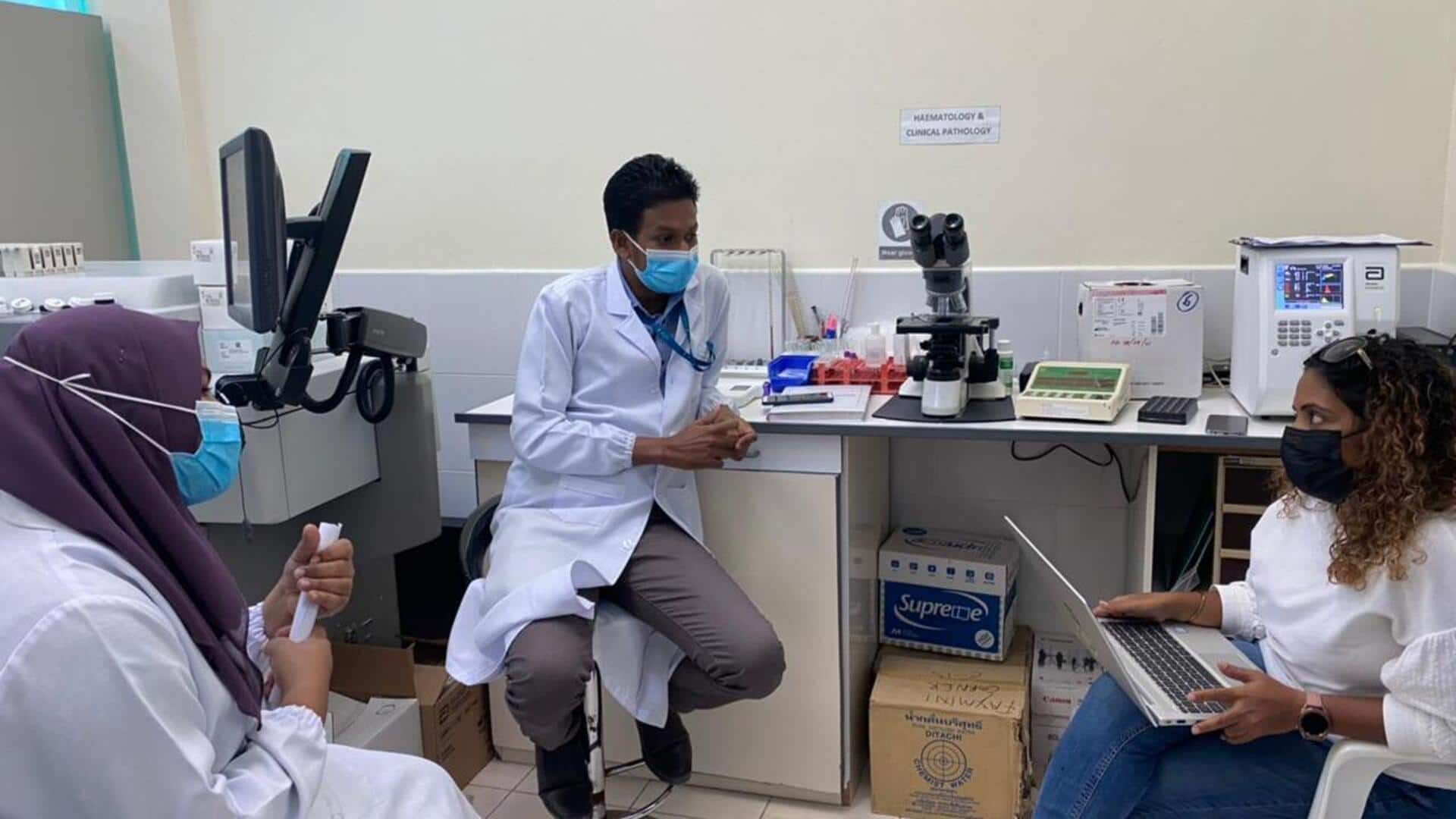
Maldives becomes first nation to secure 'triple elimination' status
What's the story
The World Health Organization (WHO) has recognized the Maldives as the first country in the world to eliminate mother-to-child transmission (EMTCT) of three major infectious diseases: HIV, syphilis, and hepatitis B. The island nation had earlier received validation for eliminating HIV and syphilis in 2019. With this new recognition, it has achieved a "triple elimination" status.
Healthcare success
WHO lauds Maldives's robust healthcare system
The WHO attributed this landmark achievement to the Maldives's robust and integrated healthcare system. More than 95% of pregnant women in the country receive comprehensive prenatal care, with routine screenings for HIV, syphilis, and hepatitis B. Newborns are vaccinated against hepatitis B within 24 hours of birth and follow a complete immunization schedule.
Disease-free status
No infants born with HIV, syphilis in last 2 years
Data from the country's health department shows that no infant was born with HIV or syphilis in 2022 and 2023. A national survey conducted in 2023 also confirmed zero prevalence of hepatitis B among first-grade children, surpassing global elimination targets. These achievements are backed by universal health coverage that provides free access to prenatal care, vaccinations, and diagnostics for all residents, including migrants.
National pride
Health minister calls it a moment of pride
Abdulla Nazim Ibrahim, the Maldives's health minister, called this historic validation "a moment of immense pride" for the nation. He said it reflects their commitment to protecting mothers, children, and future generations. "Achieving triple elimination is not only a milestone for our health sector but also a pledge by the government to our people that we will continue to invest in resilient, equitable, and high-quality health services that leave no one behind," he added.
Regional context
Situation in South-East Asia region
Despite the Maldives's success, the WHO pointed out that mother-to-child transmission remains a major cause of lifelong infections globally. However, in 2024, over 23,000 pregnant women were diagnosed with syphilis in the WHO South East Asia region, while more than 8,000 infants were born with congenital syphilis. As a result, around 25,000 HIV-positive pregnant women needed treatment to prevent transmission to their newborns, while hepatitis B continues to impact over 42 million people in this region.